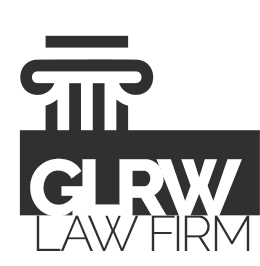
17 Sep A Brief Description of Landlord/Tenant Law in NJ
Landlords
A landlord has a right to have a lease of contract on their one or many properties, with each tenant. The rental fee, start and end of contract, payment procedures, security deposits, penalties, and other restrictions will be initiated by the landlord, and the tenant can agree or refuse these before the contract is initiated. Landlords have every right to increase the rent due to reasonable economic conditions if it is not prohibited by the municipality. Landlords have the right to evict a tenant from a rented property due to a breach in the terms of the lease that was signed by both properties.
However, New Jersey Landlords, beware! New Jersey is one of the most pro-tenant states in the US. New Jersey landlord tenant laws have serious consequences to the landlords. The New Jersey landlord tenant law is complex. Not understanding the law can cost a landlord thousands of dollars. The Anti-Eviction Act, New Jersey Landlord Registration Act and New Jersey Security Deposit Act, are just some of the laws that may come into play, which give tenants expansive rights. Interpreting these laws amidst a complex tenant/landlord situation can cause quite a headache, and can make a small issue into a major issue. It is incredibly important to hire a landlord tenant attorney with experience in both landlord and tenant actions, so that you get the results you deserve.
To begin with, if a landlord errors, landlords cannot only be subject to extensive money damages, but they can also be found guilty of a crime for violating the law. If you are a landlord, whether you own one rental property or five hundred, you can be stuck in large issues that you do not know how to effectively handle. An extensive knowledge of both State and Federal law, implemented through a well and thoroughly written lease, followed up with proper management, is an absolute necessity in New Jersey, as consequences for landlord violations can be extreme.
Furthermore, new statutes have made it much more likely that tenants can be awarded attorney fees in tenancy cases against landlords. For leases drafted prior to January 17, 2014, under N.J.S.A. 2A:18-61.66, “[i]f a residential lease agreement provides that the landlord is or may be entitled to recover either attorney’s fees or expenses, or both, incurred as a result of the failure of the tenant to perform any covenant or agreement in the lease, or if the lease provides that such costs may be recovered as additional rent, the court shall read an additional parallel implied covenant into the lease.” All future leases must also include, the following: “IF THE TENANT IS SUCCESSFUL IN ANY ACTION OR SUMMARY PROCEEDING ARISING OUT OF THIS LEASE, THE TENANT SHALL RECOVER ATTORNEY’S FEES OR EXPENSES, OR BOTH FROM THE LANDLORD TO THE SAME EXTENT THE LANDLORD IS ENTITLED TO RECOVER ATTORNEY’S FEES OR EXPENSES, OR BOTH AS PROVIDED IN THIS LEASE.” If this is left off of a lease, the outcome is nullification of the lease and inability of the landlord to receive attorney fees.
Our landlord lawyers can assist landlords in disputes with tenants, primarily representing landlords in eviction procedures.
Tenants
Tenants are legally defined as people who are given permission by a landlord to utilize his or her land or part of his or her building for an agreed upon amount of time, in exchange for rent money. The role of a tenant comes with certain duties and responsibilities, such as paying rent on time and in full, not causing any damage, etc. Tenants have legal rights which cannot be acted against by anyone, even by the landlord, one of which is to have safe and decent housing. Other rights are against wrongful entry by the landlord unless he is let in by the tenant, and the tenant is allowed to have any people over to their place of stay that they choose. Tenants have a right to privacy. Tenants have a right against eviction, with given notice. Tenants have the right to withhold rent if there is a hazard or health issue, or a critical requested repair was not done.
One thing that tenants in New Jersey have going for them is that New Jersey has some of the strongest pro-tenant laws in the US. Tenants have many rights, and it is important to understand what these are so that you know if your rights are being violated. Our lawyers are skilled in representing tenants, primarily representing tenants in Wrongful Evictions as well as various Tenants Rights issues.
Furthermore, tenants often retain the landlord tenant attorney fees.
Tenant Hardship Act
Under New Jersey landlord tenant law, the Tenant Hardship Act, N.J.S.A. 2A:42-10.1, may grant a stay delaying a lock-out after a judgment for possession has entered. In other words, this Act permits a judge, at their discretion, to stay the lock-out for up to six months. A tenant can make this application request and it will be granted only if they paid all rent in full on time, are not disorderly, do not damage the premises and cannot exceed six (6) months.



Sorry, the comment form is closed at this time.